KS3 planning (general)
There are many different issues, both practical and pedagogical, subject specific, school-wide and national that must be considered in any teachers’ planning. In this section you will find research, articles, guides and resources that will support you to develop your planning as it relates to teaching history and helping pupils to make progress.
Sort by:
Date (Newest first) | Title A-Z
Show:
All |
Articles |
Podcasts |
Multipage Articles
-
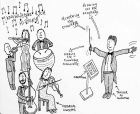
Conducting the orchestra to allow our students to hear the symphony
ArticleClick to view -
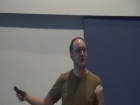
Film: Making an effective History curriculum
ArticleClick to view -

Questions to help you review your KS3 curriculum
ArticleClick to view -

How should women’s history be included at Key Stage 3?
ArticleClick to view -

How diverse is your history curriculum?
ArticleClick to view -

Redesigning the curriculum: a short guide for the new, novice or nervous
ArticleClick to view -

Historical anniversaries calendar
ArticleClick to view -
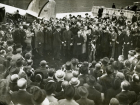
New approaches to teaching the History of Appeasement in the classroom
Multipage ArticleClick to view -

Using oral history in the classroom
Multipage ArticleClick to view -

Learning from a pandemic
ArticleClick to view -

Creating a progression model for teaching historical perspectives in Key Stage 3
ArticleClick to view -

Cunning Plan 186: teaching Samurai Japan in Key Stage 3
ArticleClick to view -

‘Weaving’ knowledge
ArticleClick to view -
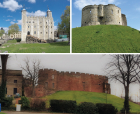
Dialogue, engagement and generative interaction in the history classroom
ArticleClick to view -

Historical learning using concept cartoons
ArticleClick to view -
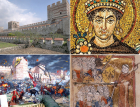
Planning a more diverse and coherent Year 7 curriculum
ArticleClick to view -

Broadening and deepening narratives of Benin for Year 8
ArticleClick to view -

‘One big cake’: substantive knowledge of the mid-Tudor crisis in Year 7 students’ writing
ArticleClick to view -

Move Me On 182: thinks that substantive knowledge is all that matters
ArticleClick to view -

Deepening Year 9’s knowledge for better causation arguments
ArticleClick to view

